Diseases and Conditions › Cancers › Uterine tumours, now controlled by the morning after pill
Contraceptive accidents are something that no couple has complete control over. Even via the use of reliable daily contraceptives, there are chances that your daily pill may fail to provide you with protection. If you have used a condom as a contraceptive, there are chances that a condom slip or tear may occur, increasing your risk of conceiving. Such accidents have led to the discovery of contraceptive methods that can help you evade the risk of pregnancy under the circumstances. These contraceptive methods are called emergency contraception or the morning after pills, which like any other hormonal contraceptive consists of synthetic hormones.
One of the most popular morning after pills used by women is ellaOne. This pill, though a recent addition to the list of emergency contraceptives has become more popular amongst women because of its unique benefit. The ellaOne pill can be taken 120 hours or five days after the contraceptive accident has occurred. This pill consists of a single hormone in synthetic form, the progestogen. The synthetic progestogen present in the ellaOne emergency contraceptive is ulipristal acetate. With the help of this hormone, ellaOne performs three different function is order to prevent you from being pregnant.
Apart from its effectiveness in preventing pregnancy, ellaOne has also been found to prevent bleeding cause by fibroids. The uterine fibroids are a type of non-cancerous tumours, which usually develop in your uterus. These fibroids can cause heavy menstrual bleeding, pelvic cramps, pain while having sex and increase in the frequency to urinate. Studies have found that ellaOne has been able to control the bleeding that is caused by these fibroids. Results form this pill, also showed changes in the endometrium tissue, which were temporary and disappeared within six months of taking the medication. The study that reached this conclusion was conducted by Dr. Jacques Donnez from the Saint-Luc Catholic University of Louvain in Brussels, Belgium.
During the first trial, there were 96 women who took the 5mg ellaOne pill, 98 women who took 10mg ellaOne pill on a daily basis and an additional of 48 women taking the placebo pills for a period of 13 weeks. At the end of trial, it was observed that 91% of the women taking 5mg ellaOne pill experienced a significant reduction in bleeding. Amongst the women taking 10mg pills, 92% women experienced a significant reduction in the bleeding, while a mere 19% women experienced such results from the placebo group. The side effects that occurred in the women using ellaOne were headaches and tenderness in their breasts.
In the second trial, there were 307 women who participated, taking 5mg or 10mg of the ellaOne pills or were receiving an injection of leuprolide acetate, a medication for fibroids, once a month. Women taking these medications were able to experience a significant reduction in bleeding. However, the time that it took for the medication to control the bleeding differed from about five days to almost three weeks. Although this medication has been found effective in controlling bleeding, women using it as an emergency contraception should not use the pill for more than once. You can visit http://www.healthexpress.eu.html
One of the most popular morning after pills used by women is ellaOne. This pill, though a recent addition to the list of emergency contraceptives has become more popular amongst women because of its unique benefit. The ellaOne pill can be taken 120 hours or five days after the contraceptive accident has occurred. This pill consists of a single hormone in synthetic form, the progestogen. The synthetic progestogen present in the ellaOne emergency contraceptive is ulipristal acetate. With the help of this hormone, ellaOne performs three different function is order to prevent you from being pregnant.
Apart from its effectiveness in preventing pregnancy, ellaOne has also been found to prevent bleeding cause by fibroids. The uterine fibroids are a type of non-cancerous tumours, which usually develop in your uterus. These fibroids can cause heavy menstrual bleeding, pelvic cramps, pain while having sex and increase in the frequency to urinate. Studies have found that ellaOne has been able to control the bleeding that is caused by these fibroids. Results form this pill, also showed changes in the endometrium tissue, which were temporary and disappeared within six months of taking the medication. The study that reached this conclusion was conducted by Dr. Jacques Donnez from the Saint-Luc Catholic University of Louvain in Brussels, Belgium.
During the first trial, there were 96 women who took the 5mg ellaOne pill, 98 women who took 10mg ellaOne pill on a daily basis and an additional of 48 women taking the placebo pills for a period of 13 weeks. At the end of trial, it was observed that 91% of the women taking 5mg ellaOne pill experienced a significant reduction in bleeding. Amongst the women taking 10mg pills, 92% women experienced a significant reduction in the bleeding, while a mere 19% women experienced such results from the placebo group. The side effects that occurred in the women using ellaOne were headaches and tenderness in their breasts.
In the second trial, there were 307 women who participated, taking 5mg or 10mg of the ellaOne pills or were receiving an injection of leuprolide acetate, a medication for fibroids, once a month. Women taking these medications were able to experience a significant reduction in bleeding. However, the time that it took for the medication to control the bleeding differed from about five days to almost three weeks. Although this medication has been found effective in controlling bleeding, women using it as an emergency contraception should not use the pill for more than once. You can visit http://www.healthexpress.eu.html
Article By: Adelisa Neumark
Robotic Surgery for Prostatectomy - A great Success
Get all the Information about Prostate Cancer Treatment
The Limited World of Illness: Why Coping Mechanisms Are Important
How To Manage When A Health Crisis Hits!
Help To Overcome Fears About Surgery And To Recover Quickly Afterwards
The healing power of the golden spice Curcumin
Hypnosis Speeds Up Recovery From Cancer Operations
Most Read
New Articles
Most Viewed
Most Downloads
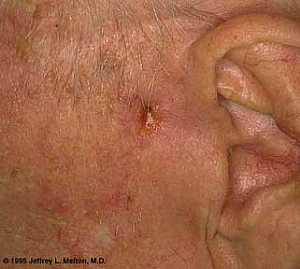 Basal Cell Carcinoma ("Rodent Ulcer" Type)
Basal Cell Carcinoma ("Rodent Ulcer" Type)
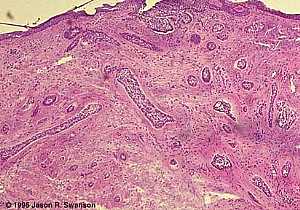 Basal Cell Carcinoma (Histology-Morpheaform Type)
Basal Cell Carcinoma (Histology-Morpheaform Type)
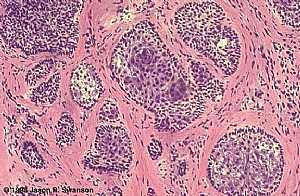 Basal Cell Carcinoma (Histology-Nodular Type - High power)
Basal Cell Carcinoma (Histology-Nodular Type - High power)
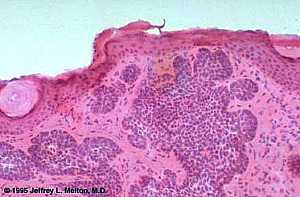 Basal Cell Carcinoma (Histology-Nodular Type- High power)
Basal Cell Carcinoma (Histology-Nodular Type- High power)
 Skin
Skin
 Nervous System -- Basic
Nervous System -- Basic
 Brain anatomy
Brain anatomy
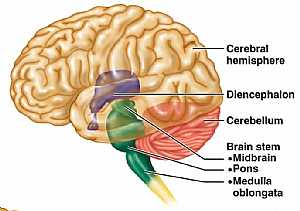 Brain anatomy
Brain anatomy
 Brain anatomy
Brain anatomy
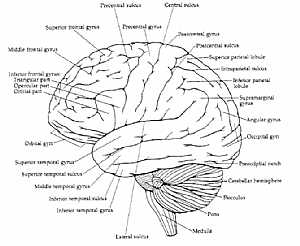 Brain anatomy
Brain anatomy
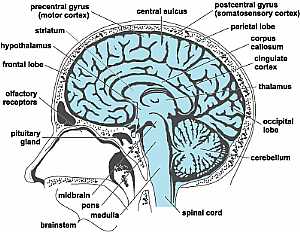 Head anatomy
Head anatomy
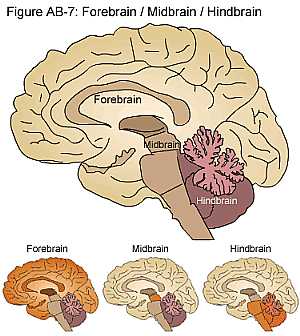 Brain anatomy
Brain anatomy
eDoctorOnline.com does not provide medical advice, diagnosis or treatment.
© Copyright 2001-2022 eDoctorOnline.com
© Copyright 2001-2022 eDoctorOnline.com

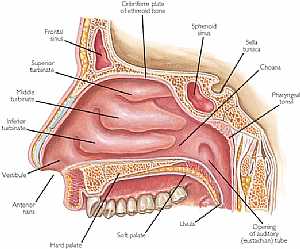 Nose anatomy
Nose anatomy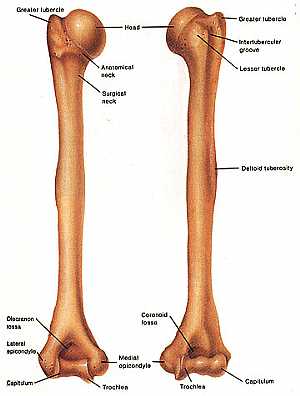 Humerus bone
Humerus bone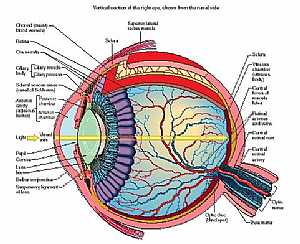 Eye anatomy
Eye anatomy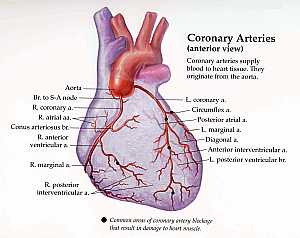 Coronary arteries anatomy
Coronary arteries anatomy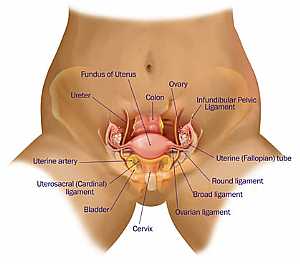 Female pelvic anatomy
Female pelvic anatomy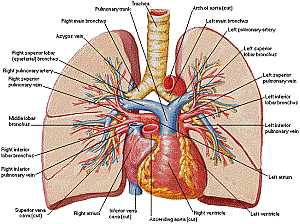 Heart and lung anatomy
Heart and lung anatomy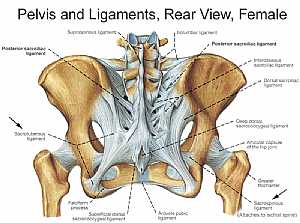 Bones and ligaments of the FEMALE Pelvis
Bones and ligaments of the FEMALE Pelvis Neck Anatomy
Neck Anatomy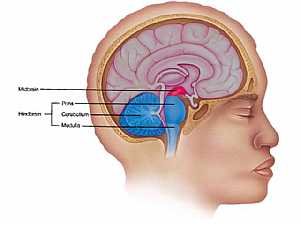 MidBrain anatomy
MidBrain anatomy Oral Cavity
Oral Cavity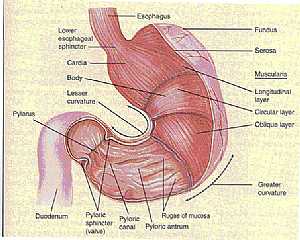 Stomach anatomy
Stomach anatomy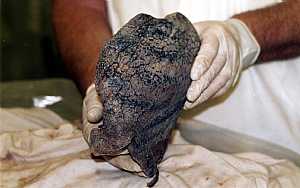 Lung anatomy
Lung anatomy Basal Cell Carcinoma ("Rodent Ulcer" Type)
Basal Cell Carcinoma ("Rodent Ulcer" Type) Basal Cell Carcinoma (Histology-Morpheaform Type)
Basal Cell Carcinoma (Histology-Morpheaform Type) Basal Cell Carcinoma (Histology-Nodular Type - High power)
Basal Cell Carcinoma (Histology-Nodular Type - High power) Basal Cell Carcinoma (Histology-Nodular Type- High power)
Basal Cell Carcinoma (Histology-Nodular Type- High power) Skin
Skin Nervous System -- Basic
Nervous System -- Basic Brain anatomy
Brain anatomy Brain anatomy
Brain anatomy Brain anatomy
Brain anatomy Brain anatomy
Brain anatomy Head anatomy
Head anatomy Brain anatomy
Brain anatomy
Be the first one to comment on this article!